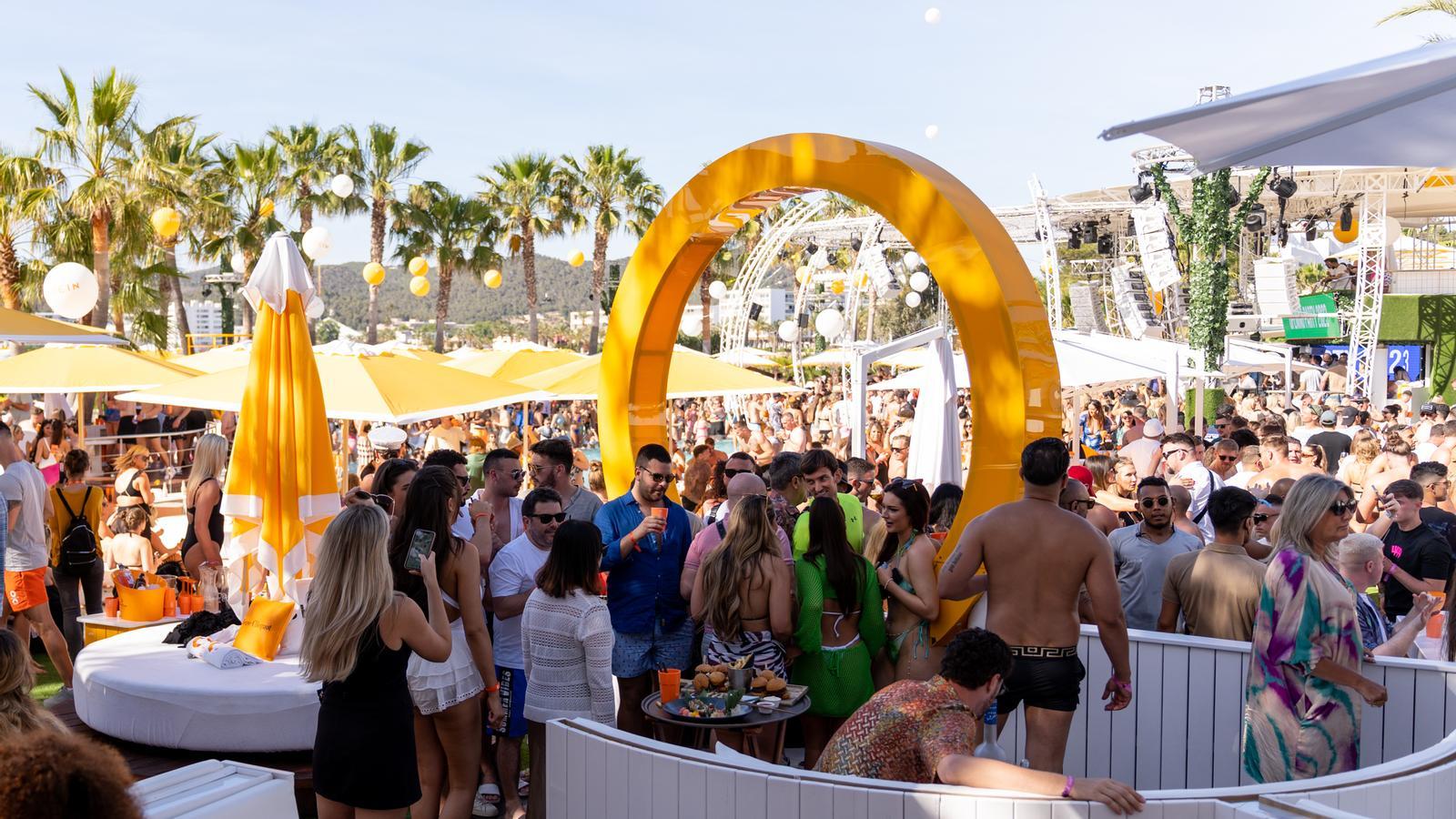From traditional beach bars to beach clubs: the transformation of beach businesses
Globalization and the economic model have distanced residents from these businesses focused solely on tourism.

PalmThe traditional beach bar, an undisputed symbol of summer and the beaches of the Balearic Islands, has come a long way from its humble origins to become a global phenomenon geared toward tourism, where luxury and exclusivity have won out over functionality and local, proximity commerce. Its history, which began in 19th-century Cuba as a makeshift kiosk where sugarcane plantation workers drank coffee, is today a clear example of how tourism has transformed traditional elements to extract greater economic returns.
"The term 'chiringuito' arrived in Spain at the beginning of the 20th century, and the first known establishment opened in Sitges in 1913," explains Fátima Gómez, professor of Sociology at the European University of Valencia. Its definitive boom came in the 1960s and 1970s, at the height of the tourist boom on the Spanish coast. Those first beach bars "mixed residents, national and foreign tourists around a frying pan, sangria, and summer songs." But the landscape has changed, and in many cases, "the traditional beach bar has evolved into the concept of a 'Beach Club,' with premium services, gourmet cuisine, and an audience looking for exclusive experiences," the expert analyzes. This transformation has redefined "the original spirit of Sibiu, aligning it with a globalized model that attracts tourists but alienates residents."
Social media has played a key role in this evolution and transformation toward a purely touristic model characterized by luxury. Platforms like Instagram and TikTok have turned the most exclusive beach bars into aspirational settings. "Images of 'Beach Clubs' shared byinfluencersThey generate a perception of status and exclusivity that fuels demand," Gómez emphasizes. A trend that fits perfectly into the "hypermodernity" described by sociologist Gilles Lipovetsky, "where consuming unique experiences has become a social objective," the expert explains.
